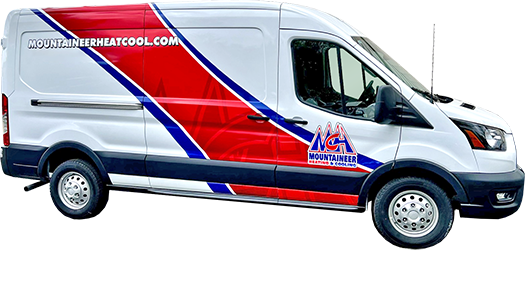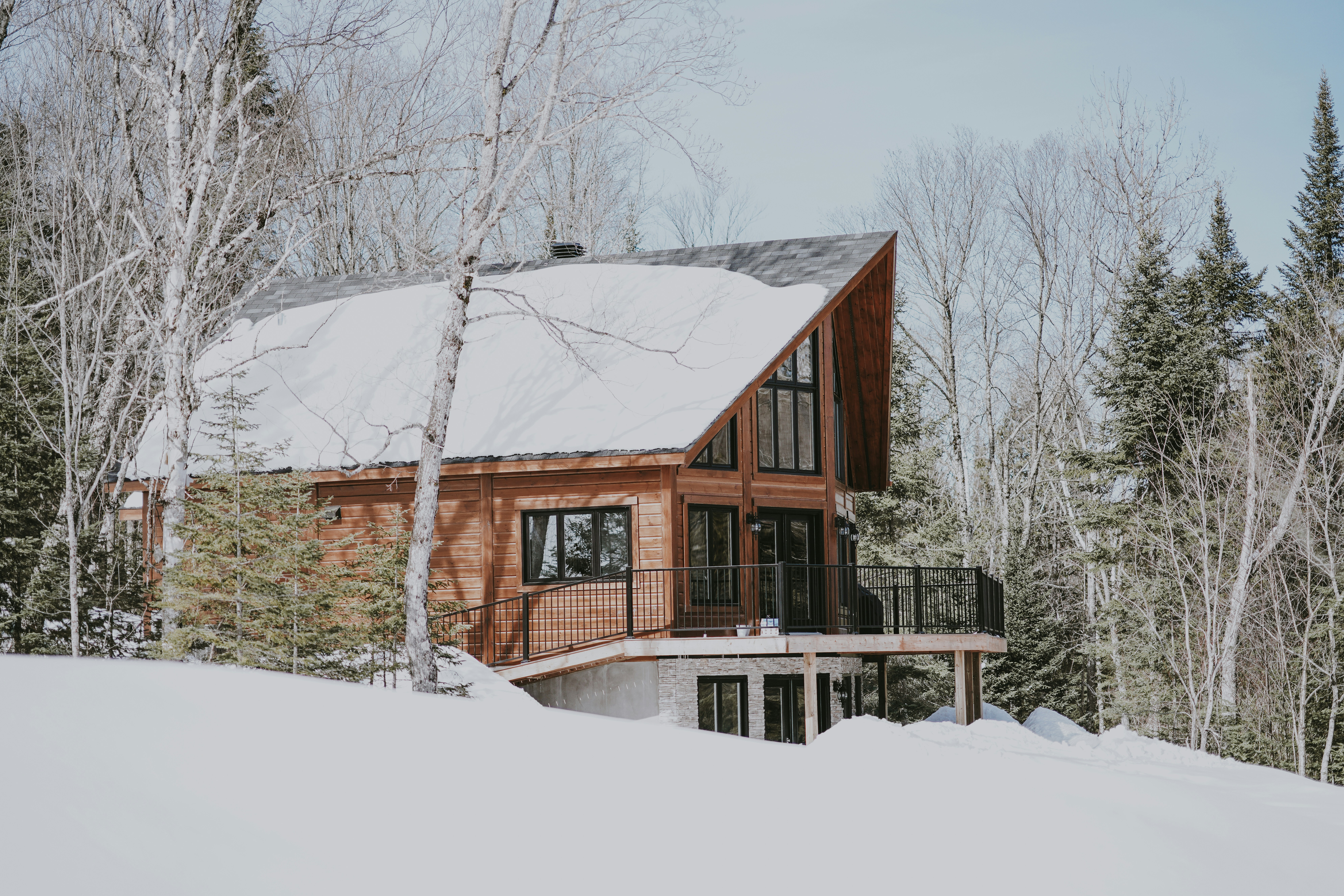When the temperature drops in the North Carolina mountains, your HVAC system needs to be in peak condition. A well-maintained heating system keeps your home warm and efficient, preventing costly breakdowns when you need it most. Before winter sets in, take these essential steps to prepare your HVAC system and avoid heating issues when it matters most.
At Mountaineer Heating & Cooling, we believe in giving simple proposals, affordable pricing, and 24/7 service on a range of services. We’ve serviced northwestern North Carolina and eastern Tennessee for over 40 years. See a list of services and contact us today: 828.373.3260.
1. Change Your Air Filter Before It Costs You
A clogged air filter is one of the most common reasons a heating system struggles in cold weather. Restricted airflow forces your system to work harder, leading to higher energy bills and potential damage over time. Before winter arrives, swap out your filter with a high-efficiency pleated option to trap dust, allergens, and debris.
During peak heating months, check your filter monthly—especially if you have pets or a wood-burning fireplace. A dirty filter means your system is pushing against resistance, costing you money and reducing efficiency.
2. Seal Air Leaks To Keep The Heat In
Even the best heating system struggles when warm air escapes. Tiny leaks around windows, doors, and attic spaces let cold air in and push your energy bill higher. Take the time to inspect your home for drafts and seal them up with:
- Weather stripping around doors
- Caulking around windows
- Insulation in attics and crawl spaces
A properly sealed home keeps heat where it belongs and reduces strain on your HVAC system.
3. Get a Professional Heating Tune-Up
An HVAC system needs regular maintenance to operate efficiently through the winter. A fall heating check ensures your system is clean, safe, and running at peak performance before the coldest days hit.
During a professional tune-up, technicians inspect and adjust:
- Heat exchangers for cracks or damage
- Burners for proper ignition and efficiency
- Blower components for airflow and function
- Electrical connections for safety
- Thermostat accuracy for consistent comfort
Routine maintenance catches small issues before they turn into emergency repairs. A system that’s checked before winter is less likely to fail when you need it most.
4. Optimize Your Thermostat Settings
A smart thermostat does more than just control temperature—it saves energy and reduces wear on your system. Adjusting your settings for winter can lower utility bills without sacrificing comfort.
Key thermostat settings for winter:
- 68°F when home – The best balance of comfort and efficiency
- Lower by 7-10°F at night – Save on heating costs while you sleep
- Program for when you’re away – No need to heat an empty home
Upgrading to a Wi-Fi thermostat lets you adjust settings remotely, ensuring your home is warm when you need it without unnecessary heating costs.
5. Keep Outdoor HVAC Units Clear of Snow and Ice
Heavy snowfall and freezing rain can impact your HVAC system’s efficiency. If you have a heat pump, ice buildup on the outdoor unit reduces its ability to extract heat from the air.
To prevent issues:
- Keep the area around the unit clear of snow and debris
- Use a cover designed for outdoor heat pumps when not in use
- Check regularly for ice accumulation and gently remove it if needed
A blocked unit struggles to function, leading to higher energy use and potential system strain. Keeping it clear ensures efficient operation all winter long.
Stay Ahead of the Cold with Mountaineer Heating & Cooling
Winter in the North Carolina mountains can be unpredictable, but your heating system doesn’t have to be. A properly prepped HVAC system means fewer surprises and a more comfortable home.
Mountaineer Heating & Cooling provides expert fall and winter checkups, maintenance plans, and professional service across Boone, Blowing Rock, Banner Elk, and West Jefferson. Whether you need a high-efficiency Trane, Bosch, or Mitsubishi system installed or service on an existing unit, our team is ready to help.
Schedule your winter check today and keep your home warm when it matters most.
Check out other blogs:
- How To Keep Your House Warm Without Wasting Energy
- 7 House Heating Tips To Make Your Home Feel Warmer This Winter
- 5 Key Signs Your Heating System Needs Maintenance During Winter
- Heating vs. Insulation: Which One Saves More Energy?
- Your Guide to Winter HVAC Prep in Boone, NC
- Furnace vs. Heat Pump: Choosing the Right Heating Solution for Your Home



